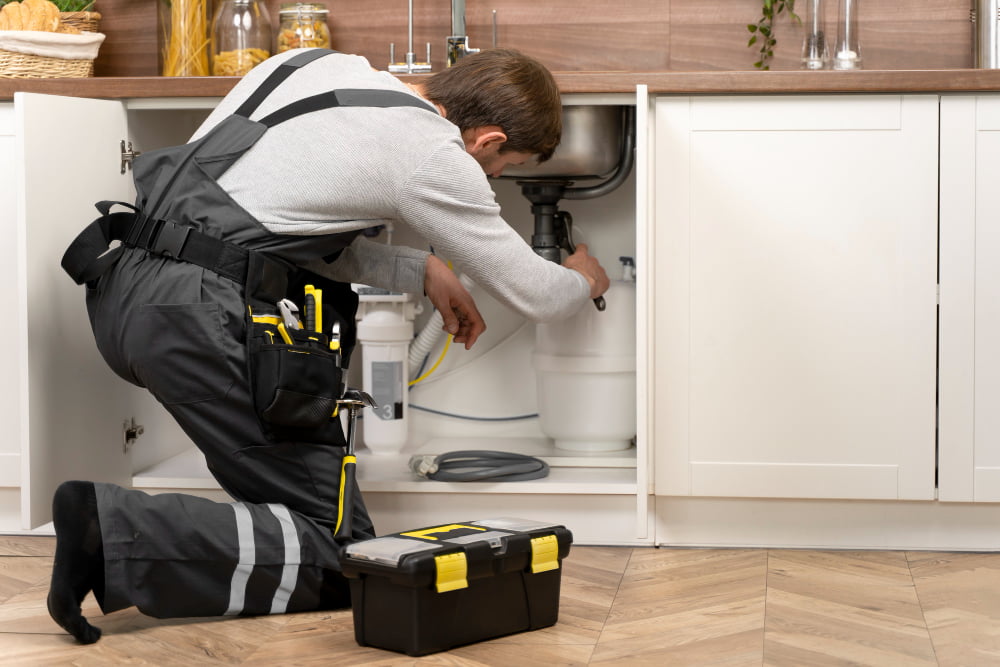Keeping your drains clear and flowing smoothly is essential for your plumbing system to function adequately. Clogged gutters can lead to unpleasant odors, slow drainage, and even potential damage to your pipes. To help you maintain your drains effectively, here are some dos and don’ts to remember.
1. Do Regular Maintenance
Regular maintenance is vital in preventing clogs and keeping your drains in good condition. Make it a habit to flush your drains with hot water once a week to help clear away any buildup of grease, soap scum, or debris. Additionally, consider using a drain strainer or hair catcher in your sinks and showers to prevent hair and other particles from going down the drain and causing blockages.
2. Don’t Pour Grease Down the Drain
One of the most common causes of drain clogs is pouring grease down the drain. Grease may go down the drain as a liquid, but it can solidify and accumulate in your pipes over time, leading to stubborn clogs. Instead of pouring grease down the drain, collect it in a heat-resistant container and dispose of it in the trash once it has cooled and solidified. This simple step can help prevent costly and inconvenient clogs in your pipes.
3. Do Use Natural Drain Cleaners
When faced with a slow or partially clogged drain, opt for natural drain cleaners instead of harsh chemical products. Baking soda and vinegar can be an effective and eco-friendly solution for breaking down minor clogs. Pour a mixture of baking soda and vinegar down the drain, let it sit for a few minutes, and then flush it with hot water. This method can help dissolve organic matter and clear away minor blockages without damaging your pipes or harming the environment.
4. Don’t Use Chemical Drain Cleaners
While chemical drain cleaners seem quick and convenient for clearing clogs, they can do more harm than good in the long run. Chemical drain cleaners contain harsh ingredients that can corrode your pipes and cause damage to your plumbing system over time. Additionally, these products pose health risks to you and your family if not used properly. Instead of relying on chemical drain cleaners, opt for safer and more environmentally friendly alternatives like baking soda, vinegar, or plunger.
5. Do Know When to Call a Professional
Sometimes, clogged drains may be too stubborn or severe to clear. If you’ve tried DIY methods and your drains are still slow or clogged, it’s time to call a professional plumber for assistance. A professional plumber will have the tools and expertise to diagnose and resolve the issue quickly and effectively, saving you time, money, and frustration in the long run. Additionally, regular professional maintenance can help keep your plumbing system in top condition and prevent future clogs and issues.
By following these drain clearing dos and don’ts, you can keep your pipes flowing freely and avoid the inconvenience and expense of clogged drains. Remember to prioritize regular maintenance, avoid pouring grease down the drain, use natural cleaners when possible, avoid chemical drain cleaners, and know when to seek professional help. With these best practices in mind, you can enjoy a smoothly functioning plumbing system and peace of mind in your home.


